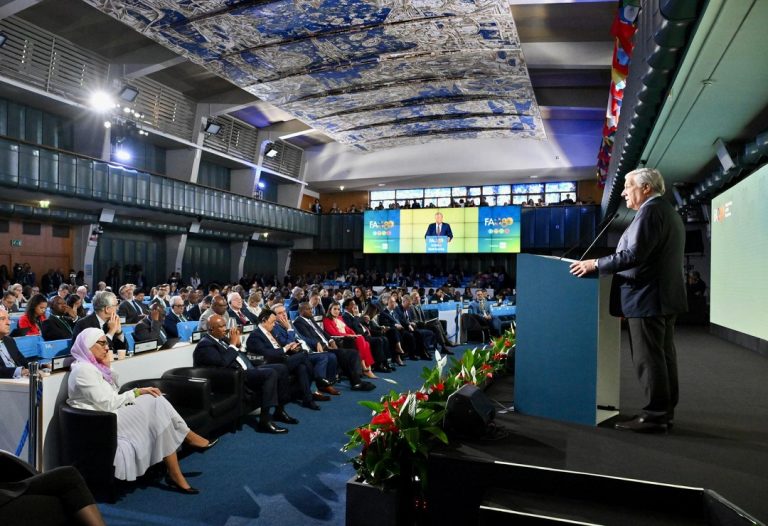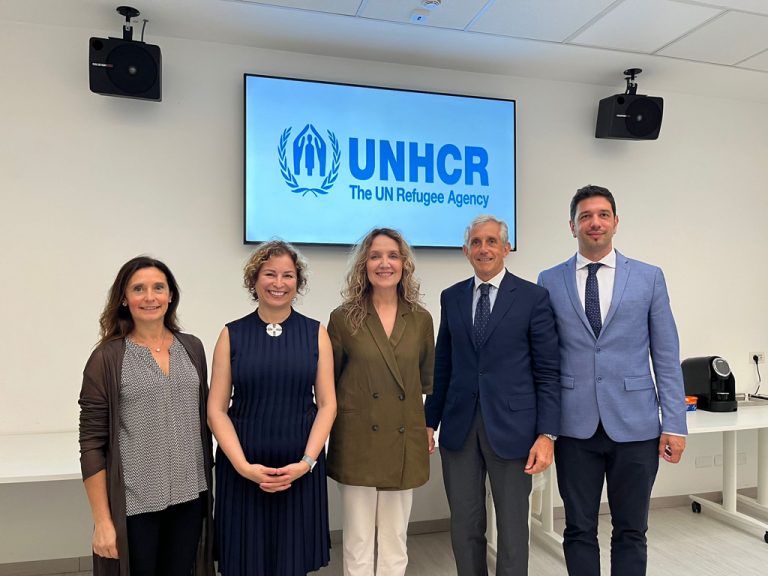A partnership agreement was signed promoting sustainable agriculture to achieve the Sustainable Development Goals.
The Italian Institute for Environmental Protection and Research (ISPRA) recently partnered with the FAO and with three of the major public research agencies in Italy: the National Research Council (CNR); the Council for Agricultural Research and Agricultural Economics Analysis (CREA); and the National Agency for New Technologies, Energy and Sustainable Economic Development (ENEA). The aim of the partnership is to improve the production of sustainable food and nutrition in Developing Countries.
“With this new broad-scope cooperation agreement, Italy stands as one of the most qualified Member States to support the Organisation’s leadership in the field of agricultural innovation for family farmers and small land-owners. Let us unite to transform agriculture and food production systems in order to make them sustainable through innovation!” said Ambassador Pierfrancesco Sacco, Permanent Representative of the Italian Republic to the International Organizations in Rome, at the signing ceremony.
“The best Italian research institutes can offer Member States the special skills necessary to manage natural resources and food production systems in a sustainable way, thus contributing to support the FAO in its mission to defeat hunger within this generation,” affirmed Maria Helena Semedo, Deputy Director General of FAO and Coordinator of Natural Resources at the signing ceremony held at the FAO.
Through the partnership, over the last three years, the FAO and Italian research institutes have jointly organised seminars on a wide range of subjects associated with sustainable agriculture such as soil, legumes and water and energy management in food production systems. Over the next three years, the partnership will focus on sharing knowledge and developing new initiatives based on a holistic approach to sustainability. The main areas of cooperation will be: agricultural innovation, climate change, developing new technologies and protocols to improve food quality and nutrition, boosting the value chain through a systemic approach to local innovation, soil and water management and the quality of ecosystems.





